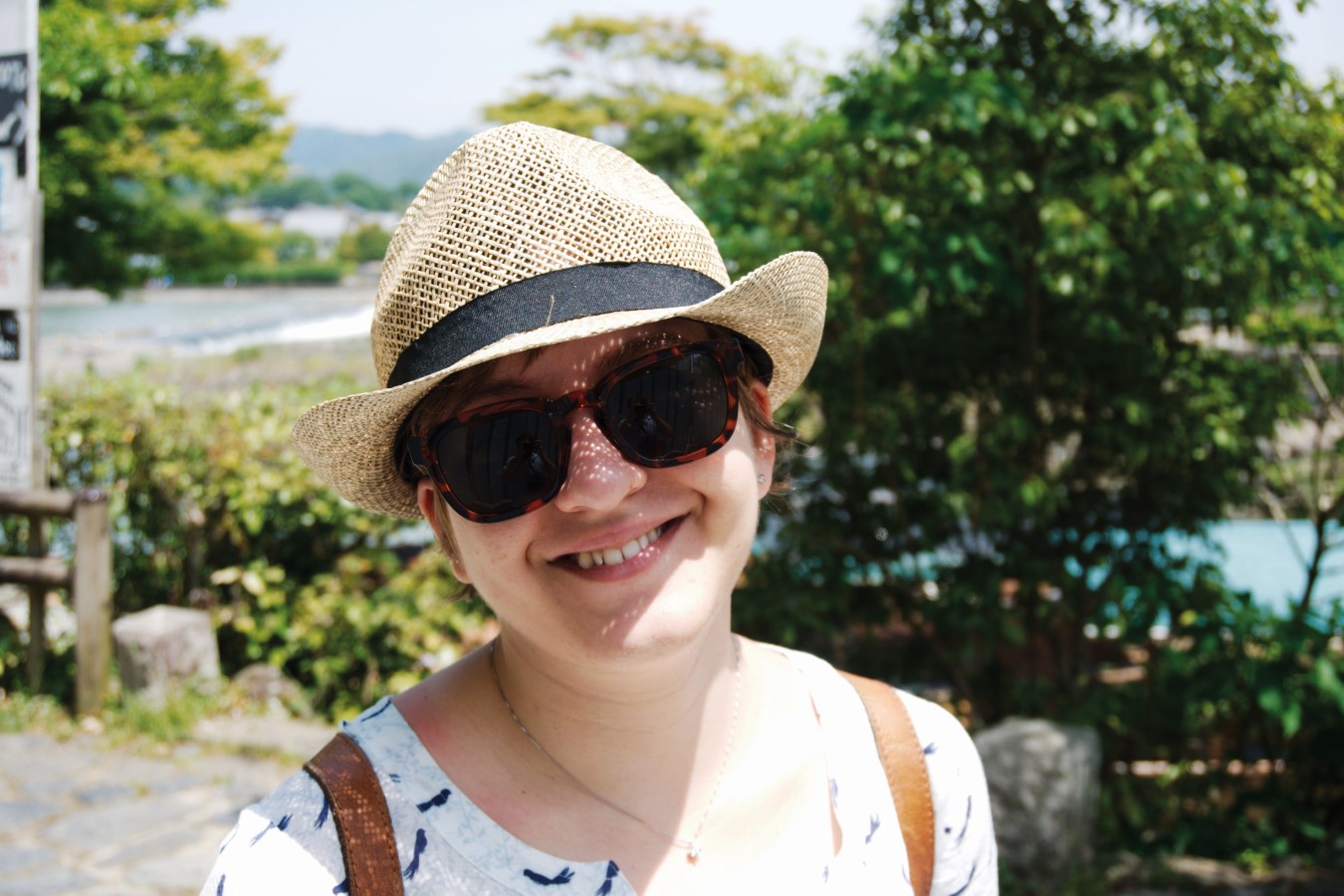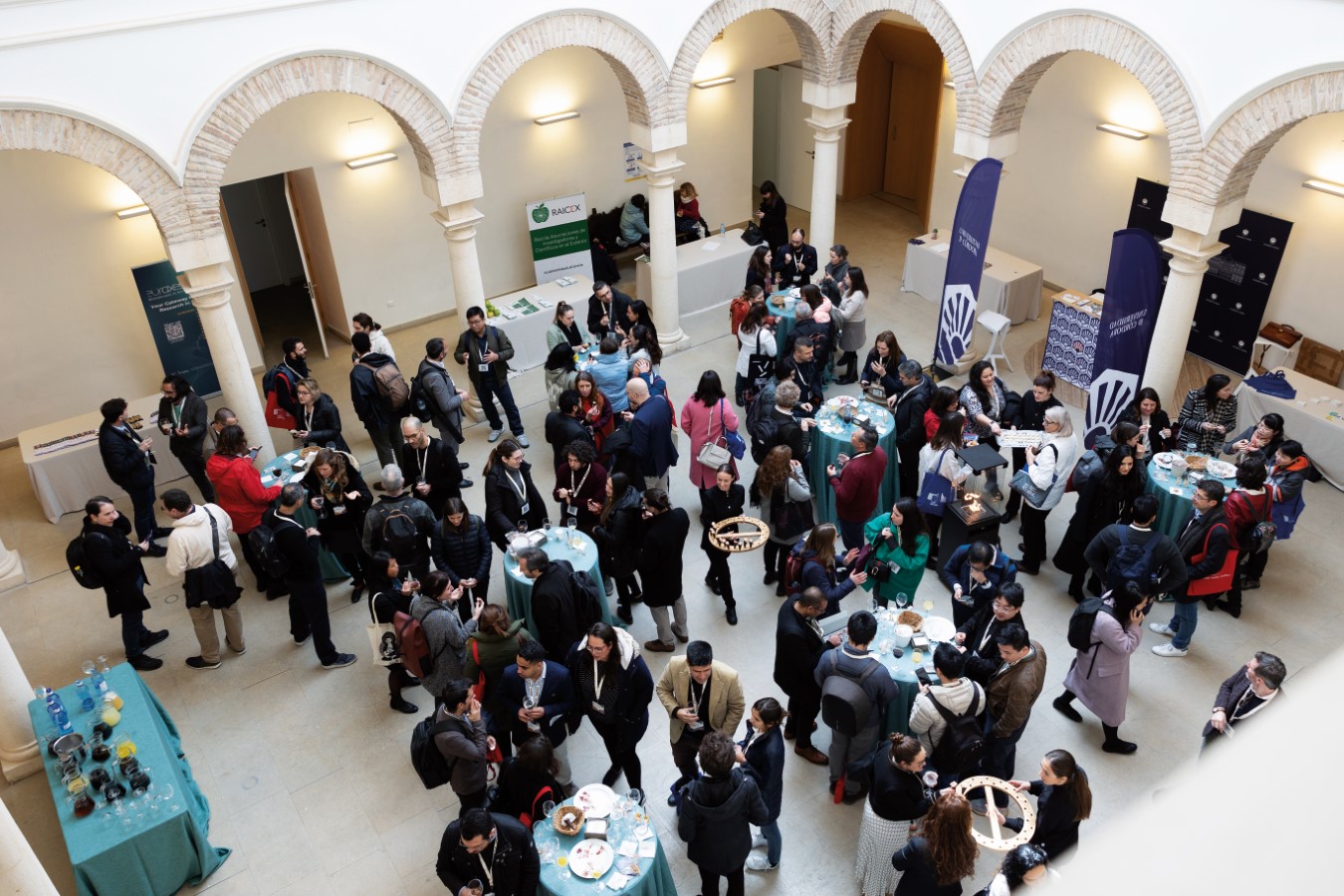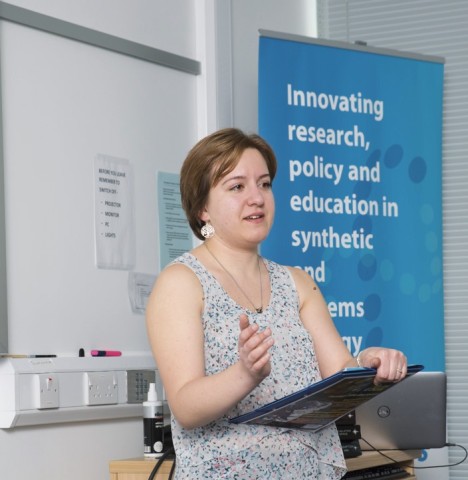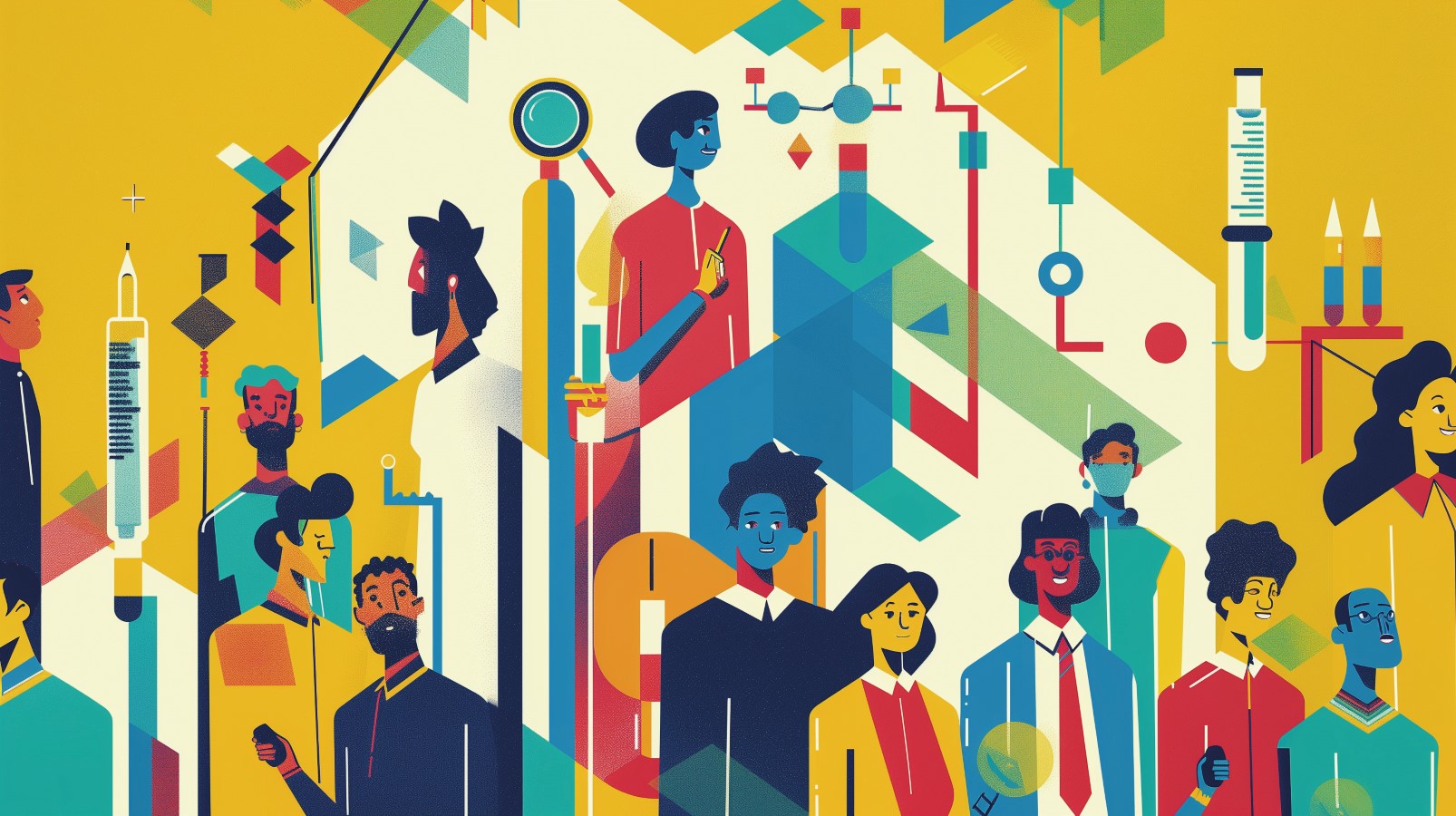The sense of community - MCAA Magazine March 2024
Celebrating the first decade of our Association, we invited members from all five MCAA Boards to share their insights. Valentina Ferro, from the 2020- 22 MCAA Board, shares her journey with the Association and how it has profoundly influenced her career trajectory as an applied physicist in the industry.
One of the most challenging times in a PhD is the midway mark. You are far enough into the programme that the initial enamorment for your research is gone, and gone too is that sense of novelty and excitement. You are also too early for things to start working, which usually happens just a few months or weeks before the end. There in the middle, experiments are one failure after another, you don’t have enough material for publishing, and yet people are starting to ask you about your thesis.
I was halfway through my PhD when I heard about the MCAA. I told myself I would apply for a Chapter because I could expense some of the crazy science communication activities I was planning. Looking back, I applied because then, more than any other time, I needed to feel I was part of a community. The MCAA delivered that and so much more.

If you have heard any of my talks at the MCAA, you might have spotted a leitmotif: I always emphasise how my favourite parts of the Association are its members and a strong sense of belonging. Here I will not part too much from that, but I also want to talk about that “so much more.”
Academia, and especially the early career stages like the PhD and postdoc, can be lonely. Too often, an adversary mindset is harboured: publish or perish, you or the other lab. The funding is limited, and there’s a large pool of researchers competing for it. This can lead to a feeling of isolation. As a Marie Skłodowska-Curie Fellow, things can even be exacerbated: you are paid more than the average PhD student or postdoc, which can result in people, yourself included, expecting more of yourself in terms of working extra hours and setting a healthy work-life balance aside.
Connecting with other researchers is one of the few tools to stay afloat. Living a shared experience can help to normalise one’s fears and fight for healthier conditions. I can vividly remember my first Annual Conference: I had never met so many people in the same place with whom I got along so well. We had the same problems and went through similar experiences. But most importantly, I was amazed at how creative and brilliant everyone was. Everywhere I turned, I would hear inspiring career stories: a PhD student working on their passion research project, a postdoc who had started their own company, a scientist who had moved to policymaking and the third sector to change higher education for the better, and a professor who had tackled a mental health problem and was now more successful than ever. All their anecdotes felt like they could be my own. I soon realised I was also sharing my story, ideas, passions, fears, and dreams with others, who listened and related to, and compassionately laughed at them.

That sense of community made me get more involved, volunteer and be part of the journey that would grow the MCAA to be the recognised association it is today. I wanted the MCAA to get funding, reach as many people as possible, and leave a mark on the education landscape because, for me, it had been a bright light when things were grey. It kept me busy, helped me make new friends, and allowed me to explore new ideas.
From the policy papers to the mental health projects, from the feedback and strong interaction with the European Commission to the career development events, looking back at what the MCAA has achieved in the past ten years makes me extremely proud, especially knowing that for almost half of its life, I’ve had a part in it.
Today, four years after leaving academia for the industry, I have come to appreciate all that “so much more” the MCAA had been teaching me silently in the background, especially in my volunteer job as a Board member.

The people of this community are the heart of this Association.
For some, the role the MCAA had in their career is strikingly obvious, their jobs in policy, science communication or professional development being the natural continuation of their volunteer work within the community. However, I can safely say that even my career as an applied physicist in industry has been heavily shaped by my experience at the MCAA. Not a day passes by without me applying some of the skills I learned as part of the MCAA Board. I get called into meetings when there are conflicts to handle. I’m comfortable with managing tight schedules and coordinating between teams. I’m bold, take risks, and am not afraid to pursue and investigate new creative endeavours. I started two small businesses on the side of my main job. I separate my free time from work and know the value of a healthy work-life balance.

What I observed in my last stretch as a Board member was a further professionalisation of the work at the MCAA: the Newsletter and Irradium becoming official publications, the participation of the Association in the Researchers’ Mental Health (ReMO) project on researchers’ mental health and similar projects, and the support for refugees are just some examples of the quality and impact of the MCAA. It can make a difference not only in the broader scientific community but also in one’s personal journey, whether because of the connection to the MCAA community, the discovery of new career paths, or access to the skills to succeed professionally.
I believe in the upward trajectory of the MCAA. I can only imagine how much the scientific community will benefit from the Assocation after another decade of hard work. I think we can shape how science is made, how it is perceived, and how it affects the general public. Not only has the MCAA already proven this, but the people of this community are among the smartest and the most caring I know. We are the heart of this association. I wouldn’t put my trust in anyone else.
Valentina Ferro
Senior Optical Engineer,
Amazon Founder and art director at Gallery 1064
Twitter @earendil1789